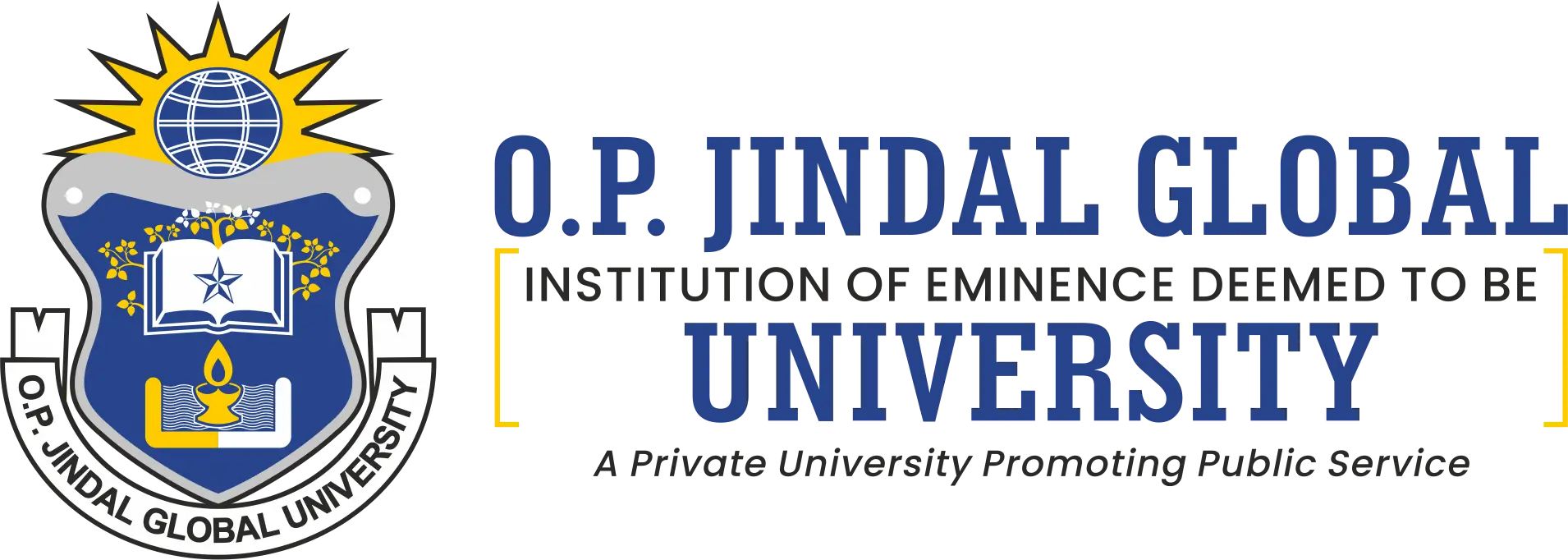Gender equality
At O.P. Jindal Global University (JGU), gender equality transcends being a mere policy directive; it is a foundational ethos integral to fostering an inclusive, empowering academic community. Grounded in the belief that equitable access to education, leadership, and opportunity is a human right, the university actively commits to dismantling systemic barriers that impede the full participation of women and gender diverse individuals.
JGU’s approach is intersectional and holistic, recognizing that gender-based disparities intersect with socio-economic status, caste, ethnicity, disability, and more. Gender equality at JGU means nurturing an environment where diversity is celebrated, and all genders feel respected, valued, and safe.
The university’s gender equality agenda spans curricular reforms to embed gender sensitization, comprehensive human resource policies to ensure equitable hiring and promotion, and robust mechanisms to prevent and address sexual harassment. JGU fosters a vibrant discourse around gender rights and inclusion through workshops, research initiatives, and collaboration with global gender justice partners.
Ultimately, JGU envisions gender equality as fundamental not only to academic excellence but to social justice—equipping all community members with the agency to thrive and lead change in India and beyond.

JGU holds three-day National Convention on Women for more information regarding the same please refer to https://jgu.edu.in/jgu-holds-three-day-national-convention-on-women




